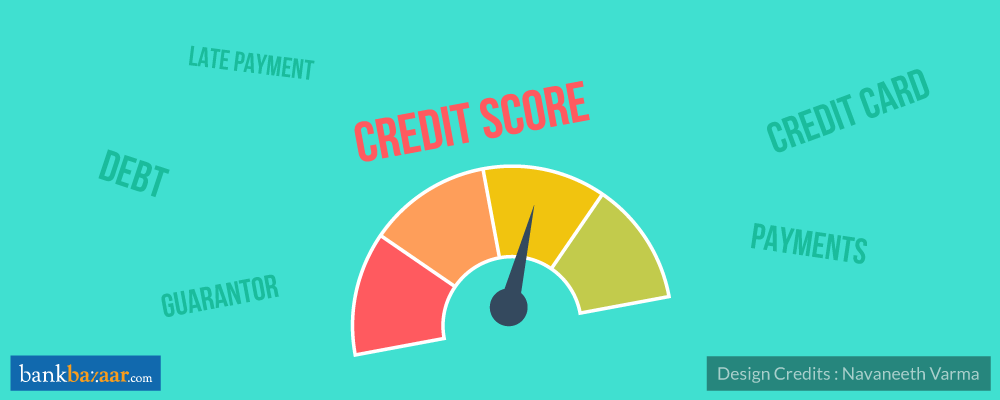The decisions you will take in your 20s can have a significant impact on your personal finance at a later stage. Read on to know about the mistakes that can be avoided in this age bracket to have a healthy Credit Score.

The twenties is an ideal age to decide the course of your financial goals. This is the best time to pick up investments that yield good results at a later stage or buy a Health Insurance cover at a lesser premium. Hence, the decisions you will take in your 20s could have a significant impact on your personal finance and this includes your Credit Score too. A healthy credit score can help you bag the best deal in terms of loans or other financial transactions whereas a low score may affect your loan possibilities. So for people in this age bracket need to be aware of the credit score worthiness and the mistakes they can avoid to keep their credit score healthy.
No Debt = Good Credit Score
A common misconception among most first-time or young professionals is that no loans or debt can get them a good credit score. This line of thought often leads them to make cash purchases and keeps them away from Credit Cards. For credit rating companies like CIBIL, no loans/debt actually equals a bad credit score. Since the credit score of a person is rated based on their historical ability to pay off a loan, the absence of any credit history stops companies from determining whether you have the capacity to pay off a loan.
Applying For Too Many Credit Cards
While having no debt may not get you a good credit score, applying for too many credit cards can also have a detrimental effect. Whenever you apply for a credit card, the company sends an inquiry to CIBIL asking for your credit history. When CIBIL notices that there have been multiple requests within a short span of time, they’ll identify you as a person who has a lower ability to make payments and hence requires multiple lines of credit. So, do not fall prey to the lucrative offers from credit card companies and avoid applying for multiple cards.
Closing Your Credit cards After Repayments
Millennials often use credit cards for big purchases like buying home electronics or automobiles. After they pay it off, they make the mistake of closing the cards, which can affect the credit history. A healthy credit score will typically have a long-term credit history. Closing the card relinquishes that record and lowers the average credit score despite timely repayments and clearing off the debt. So, it is better to retain the card even after paying off the debt.
Being A Guarantor For Someone’s Loan
We often make emotional decisions when we’re young. Being a guarantor for a friend or relative is one of them. When you sign up as a guarantor, you become responsible for repaying the loan in case they default. If you’re unable to pay off the loan, your credit score is bound to be severely affected.
Living Off Your Credit Card
In your early and mid-20s, when you’ve just started to get that taste of independent life, you’re likely to be a spendthrift. Your purchases are often based on your credit card limit and you tend to forget about the repayment clause before the due date. In case you fail to make the payments, your credit score will drop. But even if you do pay up on time, it’s still likely to indicate that your lifestyle is debt-heavy and can affect your credit score. You can control your unnecessary expenses and prioritise your spending based on your needs.
Late Payments
Missing EMI payments or credit card payments will not only attract late fees and interests but also adversely affect your credit score.
For youngsters in their 20s, it is important to enjoy life along with making financially sound decisions that can help them throughout their life.
BankBazaar.com is a leading online marketplace in India that helps consumers compare and apply for Credit Card, Personal Loan, Home Loan, Car Loan, and insurance.